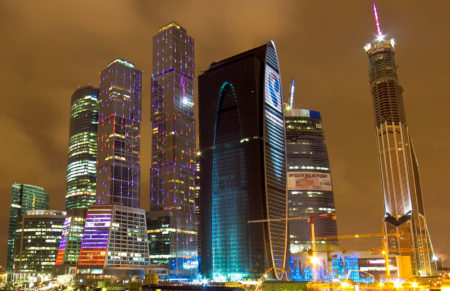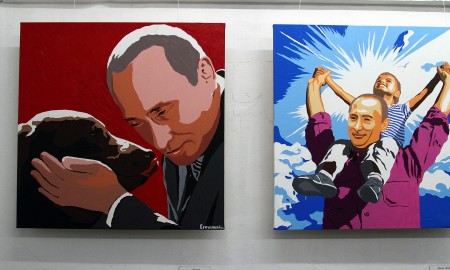
This article was originally published by the Small Wars Journal on 13 August 2016.
In a speech earlier this year at the Russian Academy of Military Science, Valery Gerasimov, Chief of the General Staff of the Armed Forces of Russia, discussed the changing environment of modern warfare. Noting the rise of hybrid conflicts such as color revolutions, General Gerasimov highlighted the importance of, “leading military theorists and specialists as well as the defense industry and the government to jointly develop a “soft power” strategy to counter the potential threat from ‘color revolutions.’” The importance of this speech is two-fold. First, it demonstrates that while some have come to believe that Russia has developed a unique and profound soft power strategy, this is not the case. Second, this speech may indicate a trend towards a greater reliance on the use of soft power, though its use is framed as a defensive measure. Rather than using soft power to project values and appear more attractive as countries such as the United States attempts to do, this speech highlights the importance of countering foreign efforts directed against the Russian Federation. Though Russia traditionally relies on hard power to ensure state security and project power, the country may begin a revitalized effort of utilizing soft power to help achieve this, an effort not seen since the Cold War era.

